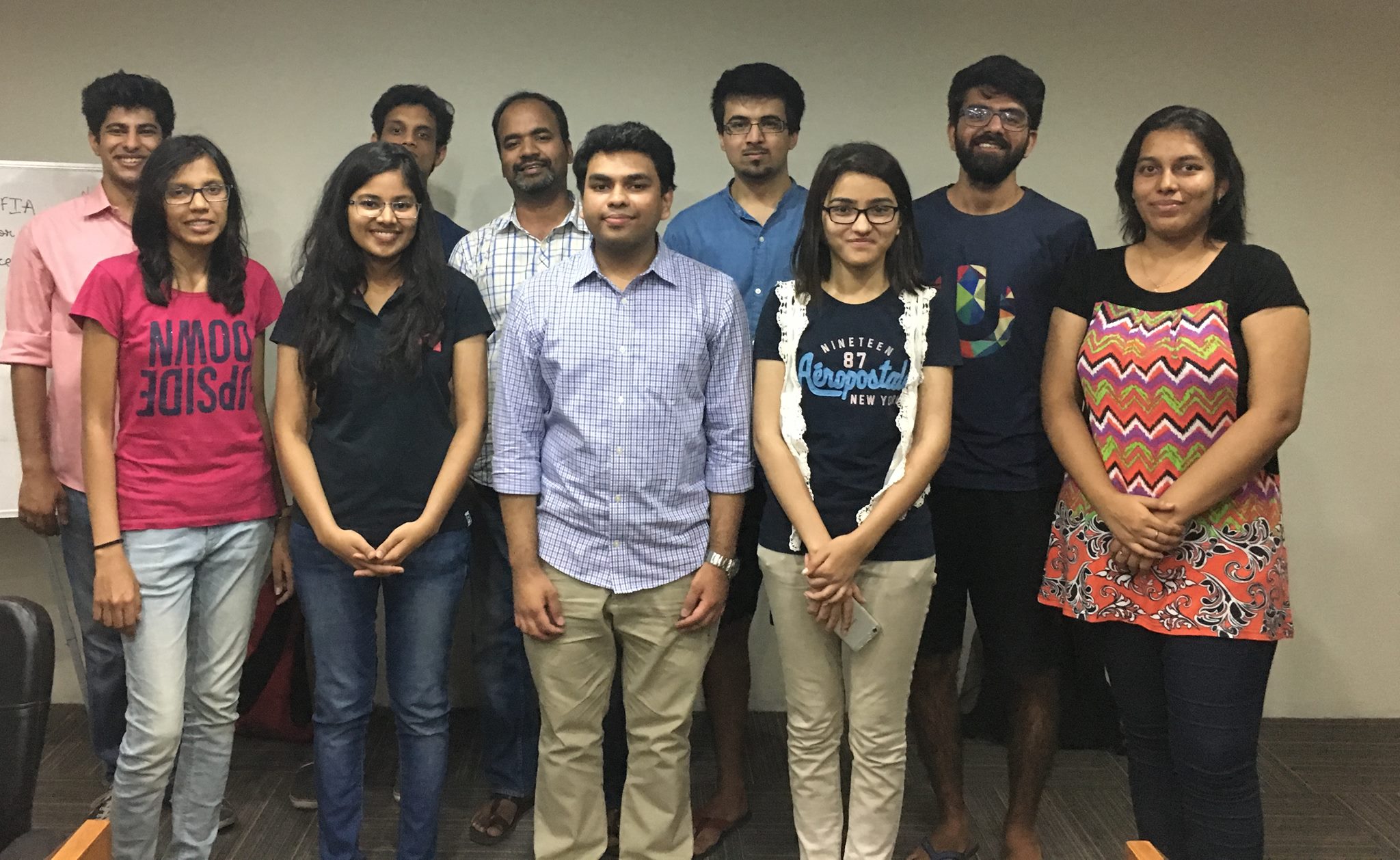The long winding road of a research project …
Every research project has its journey, and this is the story of one of them.
My (5th year Dual Degree CSE student) tryst with this research project titled ‘Suspended Accounts’ started way back in July 2019. It’s been over two years since the project’s inception.
It took over two years to complete this project, a sign that it wasn’t the smoothest of rides. I am using this blog as a medium to pen down some takeaways that I took from my first experience leading a research project. Again I will emphasize that these are my takeaways and are not universally applicable.
- Prune the Project: We went into the project with the mindset to ‘explore’ suspended accounts. It’s essential to define the project in more concrete terms within the first month of working on it. The Research Question can and will evolve. However, clarity on research questions gives a solid base to the project. The lack of this clear goal meant that we ended up with a document sprawling over 40 pages filled with random graphs and insights by the end of the first year.
- (1.01)³⁶⁵ = 37.8 while (0.99)³⁶⁵ = 0.03: I am not sure about the source of the above widely circulated mathematical equation. In essence, it says small positive changes add up a lot. However, the same is true for small negative changes. This statement is true in so many senses. Say code quality, if you start letting bad practices – hard-coded statements and poorly defined variables enter the codebase, it will sprawl into an unmanageable structure. It’s also true for the effort you put in; there were instances where we slacked off and let the project dwindle for a while; picking up a project after you haven’t touched it for 10-15 days is very tough as the entire rhythm shatters.
- Work towards the end goal: The end goal for most research projects is some or the other form of technical writing, be it a paper, poster, blog etc. It’s beneficial to keep this end goal in mind and do both simultaneously experiment + write. Quite often, the writing process will provide clarity on the overall plan.
- Sunk Cost Fallacy: Individuals commit the sunk cost fallacy when they continue a behaviour or endeavour as a result of previously invested resources (time, money or effort) (Arkes & Blumer, 1985). In a research project, there would be instances where the results don’t pan out. The data goes stale, multiple paper rejections, focus shifts on other more relevant projects. It might be a contentious point, but learning to cut your losses and move on is also an essential factor. It doesn’t mean giving up after any blockade or challenge, but learning to call it a day is vital once multiple options and avenues have been exhausted. It’s a bit like how learning to say No is as important as saying Yes.
Practice Makes Perfect – At the end of the day, there would be countless blogs listing how to plan a research project, write a paper etc. Finally, we need to forge our paths and find what best works for us. Also, knowing what works best is step one; executing it is the more challenging task, which one can only learn via practice.
